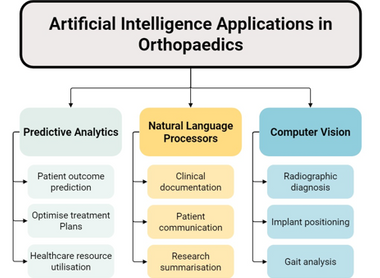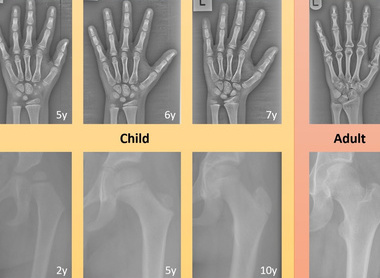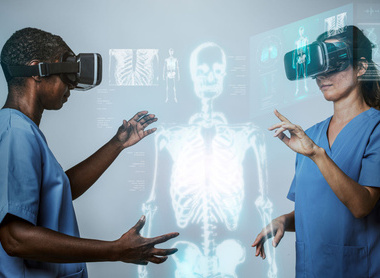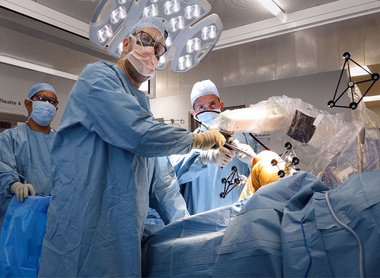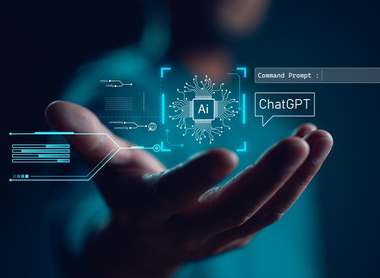Future Orthopaedics
Editorial by Togay Koç, O2 Editor
The future of orthopaedic surgery holds the potential to revolutionise patient care yet presents challenges, both known and unknown.
Artificial intelligence offers precision diagnostics, personalised treatment plans, and predictive analytics. Machine learning algorithms can analyse vast datasets, enhancing decision-making and optimising surgical strategies. This volume and detail of information has ethical considerations around its use and security concerns for the data.
Robotic surgery can provide unparalleled precision and efficiency. Its integration into surgery can improve accuracy, minimise invasiveness and expedite recovery. The precision of the technology can be combined with the artistry of the surgeon. However, the costs associated with robotics and the learning curve for adoption pose hurdles to widespread implementation.
Augmented and virtual reality provide immersive training environments, allowing surgeons to practice complex procedures in a risk-free setting to improve preparedness. Yet, accessibility and the need for specialised training hinder their universal application.
While technologies hold immense promise; equitable access, affordability, and ensuring that human expertise remains at the forefront will be critical in their application. The human touch and expertise of orthopaedic surgeons remain indispensable and technology should empower, not replace them.
The tools for evolution are in abundance. Do we evolve into an era of unparalleled patient care or do these tools end up exacerbating healthcare disparities?
A series of articles contributed by our members can be found below.
Bone in space
By John McFall
Integrating artificial intelligence into trauma and orthopaedics: History, current state of AI in T&O and future perspectives
By Andrew Coppola, Caroline Hing, and Vipin Asopa
Advancements in surgical simulation training in orthopaedics
By Usman Ahmed
The robotic revolution: The future of orthopaedic surgery
By Nick Clement
ChatGPT, Artificial Intelligence and the NHS
By Omar Musbahi


